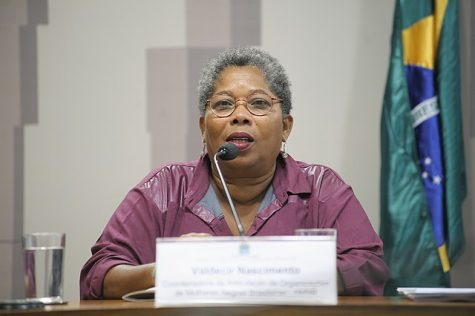Intersectional Feminism: Its Relevance During Black History Month
March 13, 2023
According to the United Nations Women organization, intersectional feminism “centers the voices of those experiencing overlapping, concurrent forms of oppression in order to understand the depths of the inequalities and the relationships among them in any given context.”
From the impacts of the COVID-19 crisis in socioeconomic communities across the globe to the disparate repercussions of the pandemic on educational access and environmental wellness, these events represent how equality is an ongoing goal in society. How does one grapple with such issues, and how can they be achieved communally? Intersectional feminism offers a keen insight into the solutions to such problems, with a specialization in acknowledging the struggles of women from all backgrounds.
Kimberlé Crenshaw, a distinguished law professor, coined the term in 1989, describing the complex word as, “a prism for seeing the way in which various forms of inequality often operate together and exacerbate each other.”
While celebrating Black History Month, an intersectional feminist might believe that it is essential to recognize the multilayered discrimination that black women face as a community. This theory emphasizes not only race inequality, but likewise gender, economic and immigrant status as a conglomerate idea.

Source: Wikimedia COmmons (Pedro França)
Intersectional feminism integrates the experiences faced by members of the female indigenous community, Black women, female immigrants, Hispanic women, Asian women and more. A sense of empathy, as well as cognizance of privilege, is essential to developing a mindset that aligns with intersectional feminism.
In her groundbreaking book, We Should All Be Feminists, Nigerian author Chimamanda Ngozi Adichie fronts the topic of intersectionality by addressing the “pressures that patriarchy places on the masculine role”, and how these roles can be equally as disparaging as those placed on women. Adichie said that her identity as a Black woman offers her a keen insight into how a person’s social and political makeup combine to determine different modes of discrimination.
































